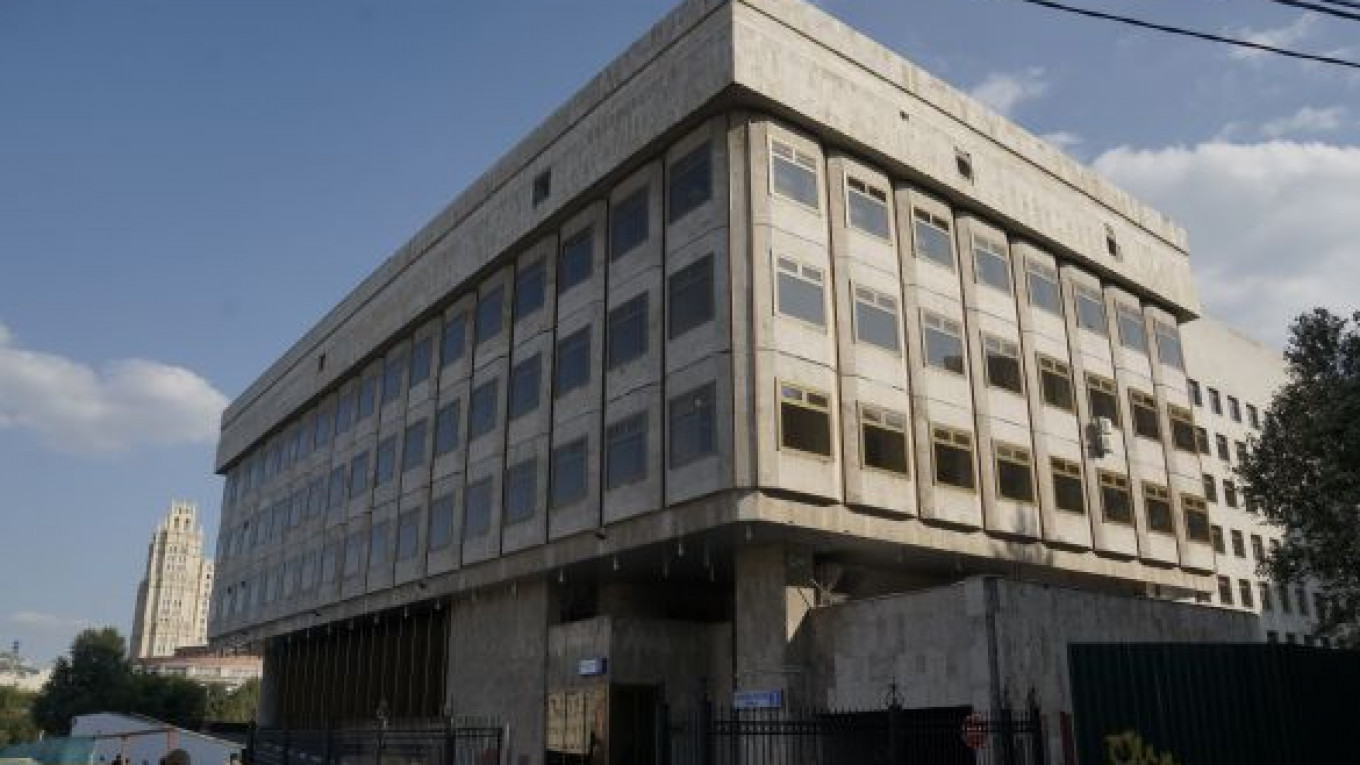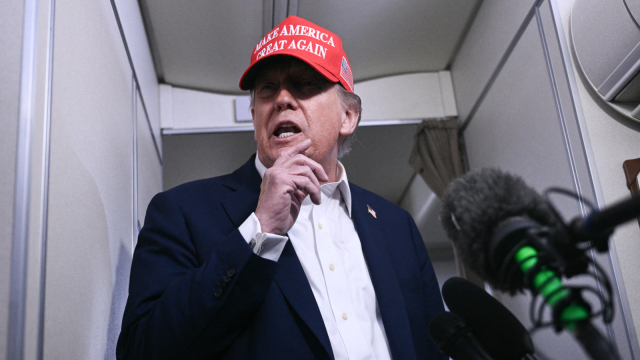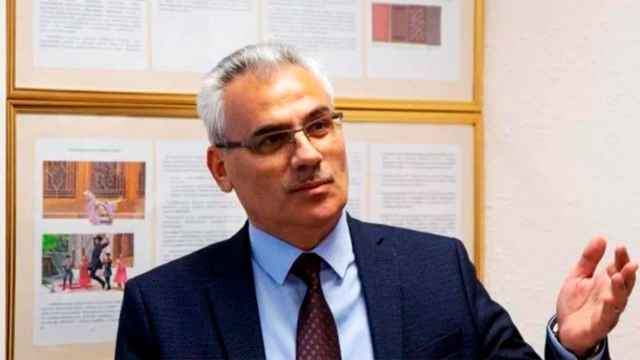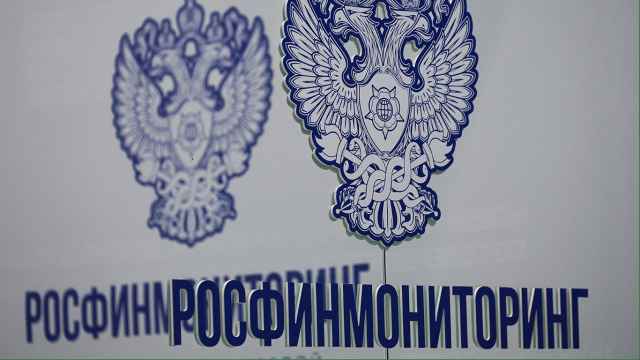Investigators opened a criminal case into the purchase of a former building of the Hungarian trade office in downtown Moscow by the Regional Development Ministry — a controversial deal that presumably resulted in a 2.5 billion ruble ($75.9 million) loss for the budget, the Interior Ministry said Thursday.
The Regional Development Ministry bought the 17,600 square meter building on Ulitsa Krasnaya Presnya in 2008 to accommodate its headquarters. The deal, worth 3.5 billion rubles, was concluded with an unidentified private company that overpriced the property, said the Interior Ministry, which is carrying out the investigation, Interfax reported.
Before selling the property to the Regional Development Ministry, the firm bought it from the Hungarian government for $21.3 million rubles, the report said, citing the case files.
The price paid by the Regional Development Ministry “unjustifiably included the 600 million ruble value of the land plot where the building is located,” the documents read. This land was already owned by the government, according to the files.
As a result of the deal, “the Russian budget lost over 2.5 billion rubles,” investigators said. The violation was uncovered by the Audit Chamber, the case files read.
The case might backfire on Perm region Governor Viktor Basargin, who headed the Regional Development Ministry at the time of the purchase, and billionaire Viktor Vekselberg, whose company Renova was an agent in the deal.
Renova acted on behalf of Luxembourg-based Diamond Air, which bought the building from the Hungarian government and later sold it to the Russian government, Vedomosti reported in 2011, citing the results of a check conducted by the Interior Ministry at that time.
The check began at the request of Sergei Petrov, a State Duma deputy and founder of car dealer Rolf, the report said.
At that time the purchase also attracted the attention of whistleblower Alexei Navalny, who claimed that the property had been fraudulently bought by Diamond Air, which he said was a subsidiary of Renova. The Luxembourg firm was subsequently liquidated, Vedomosti reported.
Renova’s spokesman Andrei Shtorkh didn’t reply to e-mailed questions Thursday.
Vekselberg said last year that he did not see any reason to open a criminal case.
“I will be very surprised if it is opened,” the tycoon said in an interview on Dozhd television channel.
He also accused Navalny of igniting a scandal around the purchase and assumed that the lawyer was pursuing his own business interests.
“Better late than never,” Navalny said in his LiveJournal post on the opening of the criminal case published Thursday. The blogger added that his Anti-Corruption Foundation had sent “all the necessary materials” on the deal to the Interior Ministry.
The Regional Development Ministry promised to cooperate with investigators but said that the deal to buy the trade office was legitimate.
Contact the author at [email protected]
A Message from The Moscow Times:
Dear readers,
We are facing unprecedented challenges. Russia's Prosecutor General's Office has designated The Moscow Times as an "undesirable" organization, criminalizing our work and putting our staff at risk of prosecution. This follows our earlier unjust labeling as a "foreign agent."
These actions are direct attempts to silence independent journalism in Russia. The authorities claim our work "discredits the decisions of the Russian leadership." We see things differently: we strive to provide accurate, unbiased reporting on Russia.
We, the journalists of The Moscow Times, refuse to be silenced. But to continue our work, we need your help.
Your support, no matter how small, makes a world of difference. If you can, please support us monthly starting from just $2. It's quick to set up, and every contribution makes a significant impact.
By supporting The Moscow Times, you're defending open, independent journalism in the face of repression. Thank you for standing with us.
Remind me later.






